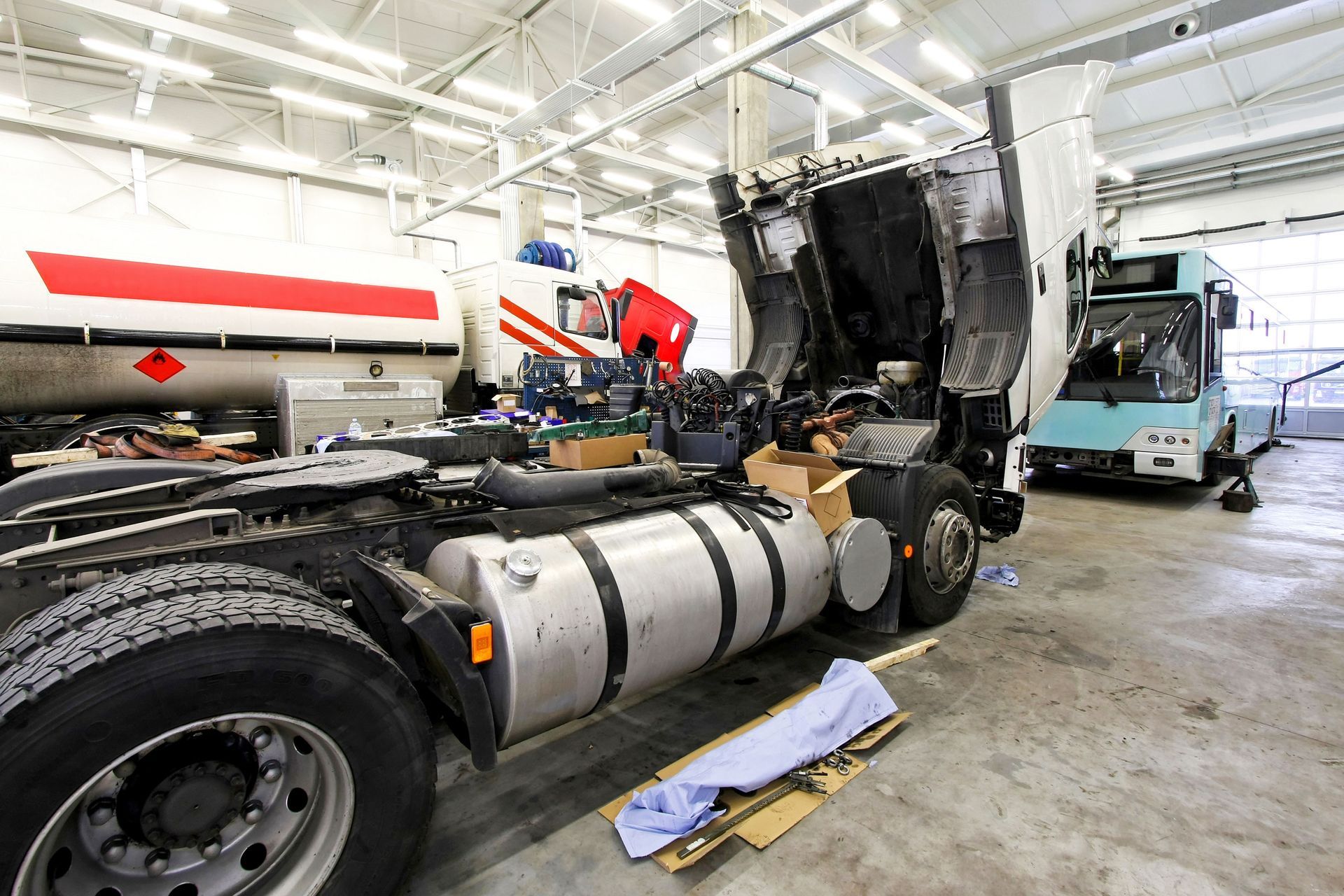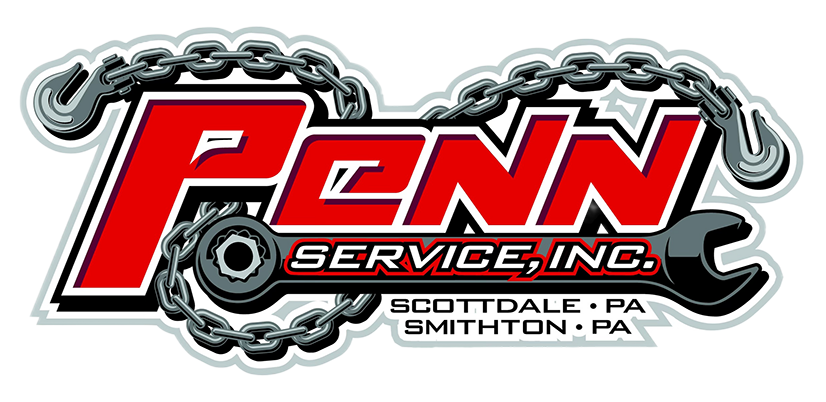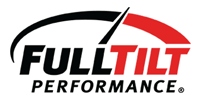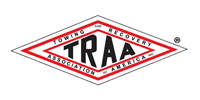Refrigerated Trailer Repair: Common Reefer Unit Problems
Refrigerated trailers, also known as reefers, are indispensable for transporting perishable goods across long distances. These specialized trailers preserve food, pharmaceuticals, and other temperature-sensitive cargo by maintaining precise cooling conditions. However, like any mechanical system, reefer units are prone to wear and tear, and understanding common issues is essential for preventing costly downtime. This article explores frequent problems with reefer units, emphasizes the importance of maintenance, and highlights best practices for keeping your fleet road-ready. For fleets and independent drivers alike, awareness of issues and timely semi trailer repair services can mean the difference between a successful delivery and expensive cargo loss.
1. Understanding Reefer Unit Components
Before diving into common issues, it’s important to understand the core components of a refrigerated trailer. Each reefer system includes a compressor, condenser, evaporator, fans, and thermostats, all working together to regulate temperature. The trailer itself is lined with insulation to prevent external air from compromising cargo conditions. When these parts operate seamlessly, perishable goods remain fresh and safe during transit. Regular inspections ensure that each component continues to perform at peak capacity and helps reduce the likelihood of mid-route breakdowns. The reefer unit depends heavily on the truck pulling it. Semi-trucks provide the power and stability required for long hauls. According to Slashgear, semi-trucks generally require oil changes approximately every 25,000 miles. Neglecting such essential maintenance can cause engine strain, which may interrupt power supply to refrigeration units. This demonstrates the link between tractor care and reefer reliability—both must be maintained together to avoid cascading failures. For this reason, many operators schedule tractor servicing and semi trailer repair at the same time, streamlining maintenance and reducing costly downtime.
2. Maintaining Temperature Control
Reefer units function by cycling refrigerant through a closed-loop system that absorbs heat from inside the trailer and releases it outside. This cycle depends on the efficiency of compressors and evaporators, as well as proper airflow. Fans help distribute cooled air evenly across the cargo space, but blocked vents or improper load distribution can disrupt circulation. When airflow is uneven, hot spots may form, putting perishable goods at risk and increasing the strain on the system. Thermostats regulate cooling cycles, triggering adjustments whenever interior conditions deviate from preset temperatures. When a thermostat malfunctions, the reefer may overcool, undercool, or cycle too frequently, stressing the system. Regular calibrations and inspections are vital for preventing such inefficiencies. A well-maintained reefer is not only reliable but also energy-efficient, saving operators significant fuel costs over time. Even simple adjustments, like checking calibration before every long trip, can prevent major issues from developing later.
3. Performing Regular Maintenance
Preventive maintenance is the backbone of reefer reliability. Semi trailer repair specialists often stress that small, consistent inspections can prevent major breakdowns later. Routine tasks include checking refrigerant levels, inspecting hoses, tightening electrical connections, and ensuring that insulation remains intact. Skipping these steps risks mechanical strain, temperature loss, and eventual system failure. Proactive care also extends the lifespan of components, reducing replacement costs and avoiding emergency service calls. Engine care is just as important. Oil changes, belt inspections, and coolant checks for the tractor unit are integral to reefer performance since the refrigeration system depends on uninterrupted power. Failing to maintain the tractor can result in power outages mid-haul, potentially spoiling entire loads. Keeping thorough maintenance logs also helps identify patterns and anticipate repairs before they become emergencies. Many fleets integrate digital tracking systems to monitor upcoming service needs, ensuring no crucial check is overlooked.
4. Recognizing Early Warning Signs
Like most machines, reefer units give early warning signs before failing completely. Drivers and fleet managers should listen for unusual noises such as knocking or rattling, which often point to compressor problems. Fluctuating internal temperatures are another major red flag, as are frequent system restarts or longer-than-usual cooling cycles. These signs may indicate thermostat problems, refrigerant leaks, or compressor inefficiencies that require immediate attention. Visual cues like ice buildup on evaporator coils, oil stains near refrigerant lines, or pooling water inside the trailer also point to underlying issues. Unusual odors or smoke require immediate investigation, as they may signal overheating or electrical faults. Recognizing these signs early enables faster intervention and reduces the likelihood of full system shutdowns. Training drivers to spot problems and report them quickly can make maintenance more efficient and prevent costly cargo loss.
5. Equipping for Basic Repairs
Having the right tools on hand is essential for quick response to reefer malfunctions. Basic hand tools such as wrenches, pliers, and screwdrivers are indispensable, but more advanced instruments like refrigeration gauges, leak detectors, and multimeters are equally important. These tools allow technicians to assess refrigerant levels, diagnose electrical issues, and pinpoint leaks with accuracy. Keeping a well-organized toolkit also saves valuable time during unexpected breakdowns. Safety equipment such as gloves and protective eyewear should always be used, especially when handling refrigerants. While many small fixes can be performed in-house, more complex repairs often require professional expertise. For larger fleets, building a relationship with a semi trailer repair service ensures timely access to specialized knowledge and reduces costly downtime. Partnering with trusted providers not only improves efficiency but also ensures compliance with environmental and safety standards.
6. Addressing Refrigerant Problems
Refrigerant leaks are one of the most frequent causes of reefer underperformance. They can stem from vibration damage, corrosion, loose fittings, or improper handling during maintenance. Signs of refrigerant loss include inconsistent cooling, frost buildup, and higher-than-normal energy consumption. Oil stains along refrigerant lines also suggest leaks since oil mixes with the refrigerant inside the system. Left unchecked, these issues may compromise entire shipments and create avoidable repair bills. Repairing refrigerant leaks requires careful sealing or replacement of damaged lines and recharging the system with the correct refrigerant. Preventive strategies include regular inspections, vibration dampening, and using high-quality fittings. Because refrigerant handling involves environmental risks, technicians must follow strict safety protocols and document all procedures to remain compliant with regulations. Scheduling routine inspections with certified technicians is one of the best defenses against recurring leaks.
7. Troubleshooting Compressor Failures
The compressor is the heart of the reefer unit. When it fails, cooling capacity drops significantly, often resulting in cargo loss. Symptoms of compressor trouble include unusual noise, poor temperature control, and excessive energy consumption. Diagnosing compressor issues involves checking refrigerant pressures, electrical connections, and mechanical components for wear. Consistent monitoring during maintenance cycles makes it easier to catch small issues before they escalate. Sometimes compressors can be repaired by replacing faulty valves or motors, but in other cases, full replacement is the only solution. Deciding between repair and replacement depends on the age of the compressor, availability of parts, and compliance with refrigerant regulations. While repair may be cheaper in the short term, replacement often provides longer-lasting efficiency and reliability. Fleet managers should weigh long-term costs and operational risks before making the final decision.
8. Protecting Cargo Integrity
Cargo integrity is the ultimate priority of reefer maintenance. Even a short-lived malfunction can compromise perishable goods. Temperature fluctuations jeopardize food safety, pharmaceutical viability, and customer trust. For businesses, the consequences extend beyond financial loss to include reputational damage and potential penalties for failing to meet contractual standards. A strong maintenance plan safeguards both cargo and customer relationships. Regular semi trailer repair and consistent reefer unit checks create a stronger cold chain, ensuring that perishable items arrive in top condition. Preventive strategies like monitoring thermostat accuracy, checking insulation integrity, and responding quickly to leaks protect both cargo and revenue. A proactive approach is always more cost-effective than emergency response after a breakdown. In today’s competitive logistics industry, reliability is often what sets successful operators apart from the rest.
Refrigerated trailers are vital assets in the logistics industry, but they demand rigorous care and attention to remain dependable. From refrigerant leaks to compressor failures, the challenges of reefer maintenance are numerous—but manageable with proper knowledge and support. Keeping both the tractor and the trailer in optimal condition through regular maintenance, inspections, and timely semi trailer repair is essential for avoiding costly disruptions. By prioritizing preventive care, businesses can safeguard cargo, reduce downtime, and extend the lifespan of their equipment. For expert assistance and dependable service, contact Penn Service Inc today to keep your fleet running smoothly and your cargo safe.















Share On: